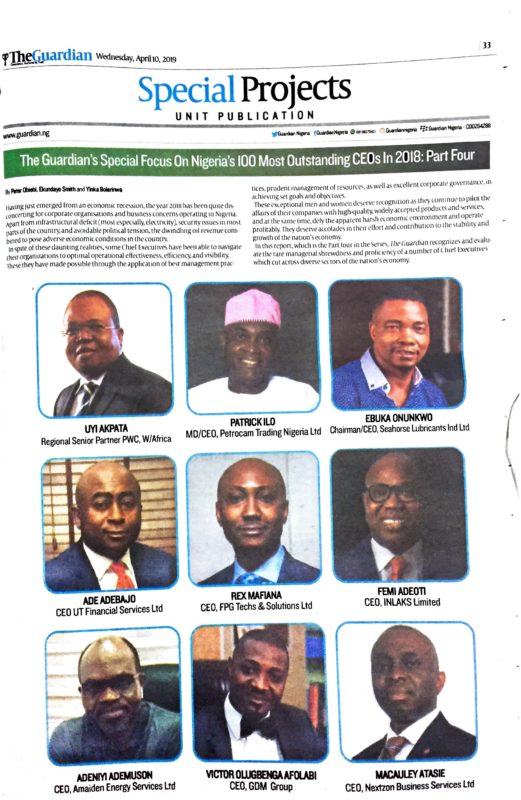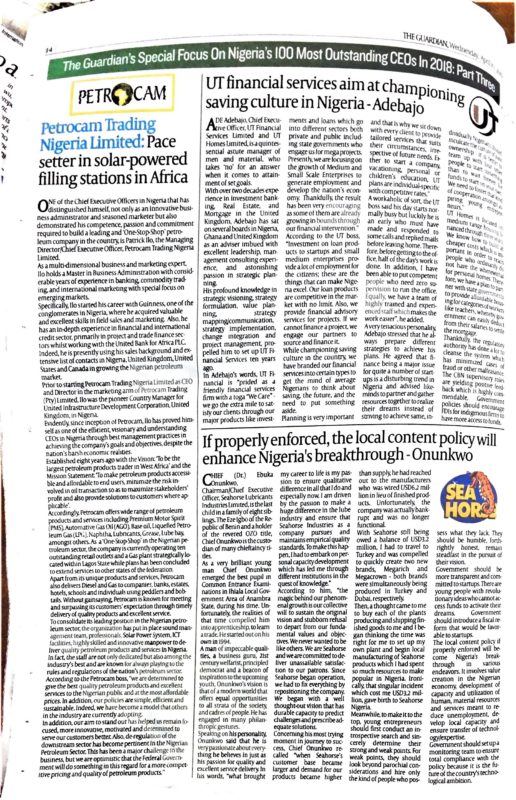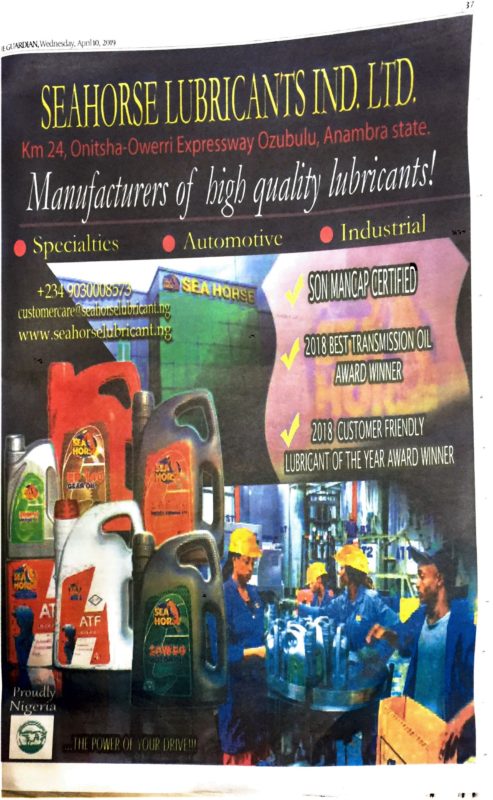Chief (Dr.) Ebuka Onunkwo, Chairman/Chief Executive Officer, Seahorse Lubricants Industries Limited, is the last child in a family of eight siblings. The Eze Igbo of the Republic of Benin and a holder of the revered OZO title, Chief Onunkwo, is the custodian of many chieftaincy titles. As a very brilliant young man, Chief Onunkwo emerged the best pupil in Common Entrance Examinations in Ihiala Local Government Area of Anambra state, during his time. Unfortunately, the realities of that time compelled him into apprenticeship, to learn a trade. He started out on his own in 1994.
A man of impeccable qualities, a business guru, 21st century welfarist, principled democrat and a beacon of inspiration to the upcoming youth, Onunkwo’s vision is that of a modern world that offers equal opportunities and to all strata of the society, and cadres of people. He has engaged in many philanthropic gestures.
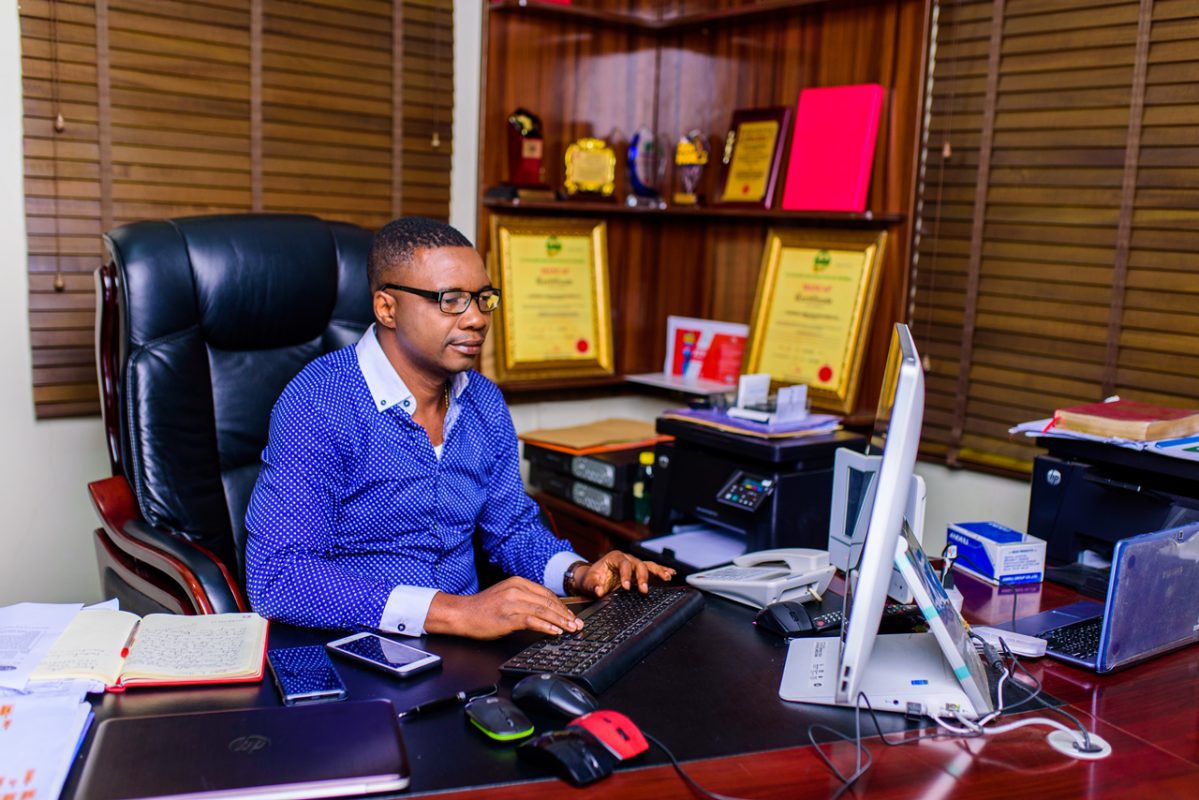
Speaking on his personality, Onunkwo said that he is very passionate about everything he believes in just as his passion for quality and excellent service delivery. In his words ‘‘what brought my career to life is my passion to ensure the qualitative difference in all that I do and especially now. I am driven by the passion to make a huge difference in the lube industry and ensure that Seahorse Lubricants Industries Ltd. as a company pursues and maintains empirical quality standards. To make this happen, I had to embark on personal capacity development which has led me through different institutions in the quest for knowledge.’’
According to him, ‘‘the magic behind our phenomenal growth is our collective will to sustain the original version and stubborn refusal to depart from our fundamental values and objectives. We never wanted to be like others. We are Seahorse and we are committed to delivering unassailable satisfaction to our patrons. Since Seahorse began operation, we had to fix everything by repositioning the company. We began with a well-thought-out vision that has the durable capacity to predict challenges and prescribe adequate solutions.”
Concerning his most trying moment in the journey to success, Chief Onunkwo recalled, “when Seahorse’s customer base became larger and demand for the products became higher than supply, I reached out to the manufacturers who were wired USD6.2 million in lieu of the finished product. Unfortunately, the company was actually bankrupt and was no longer functional.
With Seahorse still being owed a balance of USD3.2 million, I had to travel to Turkey and was compelled to quickly create two new brands, Megarich and Megacrown – both brands were simultaneously being produced in Turkey and Dubai, respectively.
Then, a thought came to me to buy each of the plants producing and shipping finished goods to me, and I began thinking the time was right for me to set up my own plant and begin local manufacturing of Seahorse product which I had spent so much resources on, to make popular in Nigeria. Ironically, that singular incident which cost me USD3.2 million, gave birth to Seahorse Nigeria.
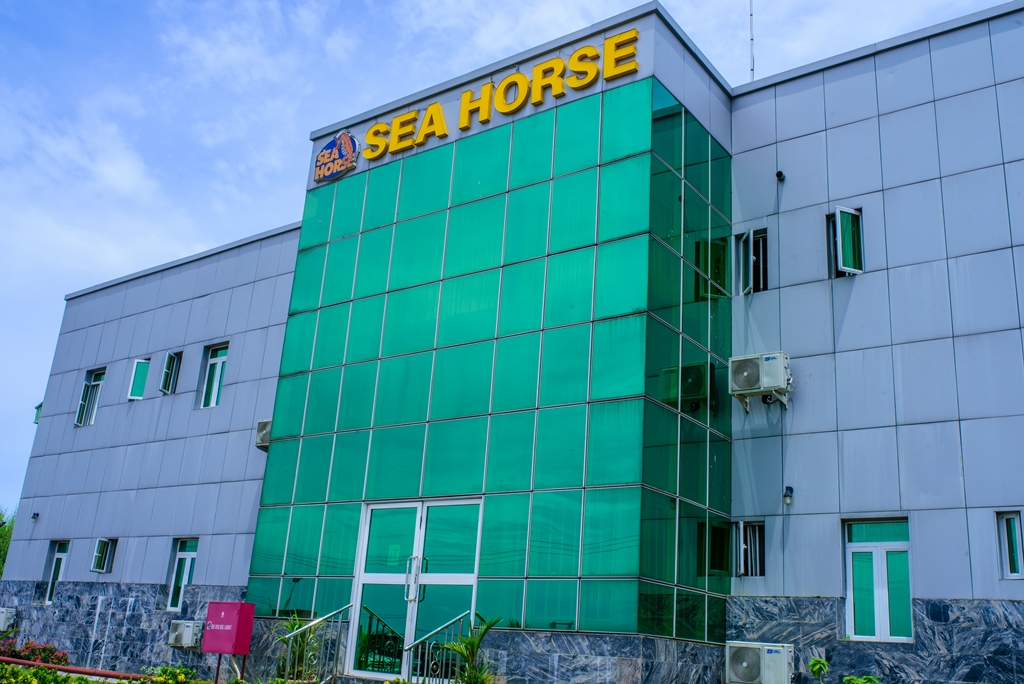
If properly enforced, the local content policy will enhance Nigeria’s breakthrough – Onunkwo.
Meanwhile, to make it to the top, young entrepreneurs should first conduct an introspective search and sincerely determine their strong and weak points. For weak points, they should look beyond parochial considerations and hire only the kind of people who possess what they lack. They should be humble, forth-rightly honest, and remain steadfast in the pursuit of their vision”.
Government should be more transparent and committed to startups. There are young people with revolutionary ideas who cannot access funds to activate their dreams. Government should introduce a fiscal reform that would be favourable to startups.
The local content policy if properly enforced will become Nigeria’s breakthrough in various endeavours. It involves value creation in the Nigerian economy, development of capacity and utilization of human, material resources and services meant to reduce unemployment, develop local capacity and ensure the transfer of technology/expertise. The government should set up a monitoring team to ensure total compliance with the policy because it is the future of the country’s technological ambition.”
SOURCE: Guardian Newspaper, April 10 2019.


